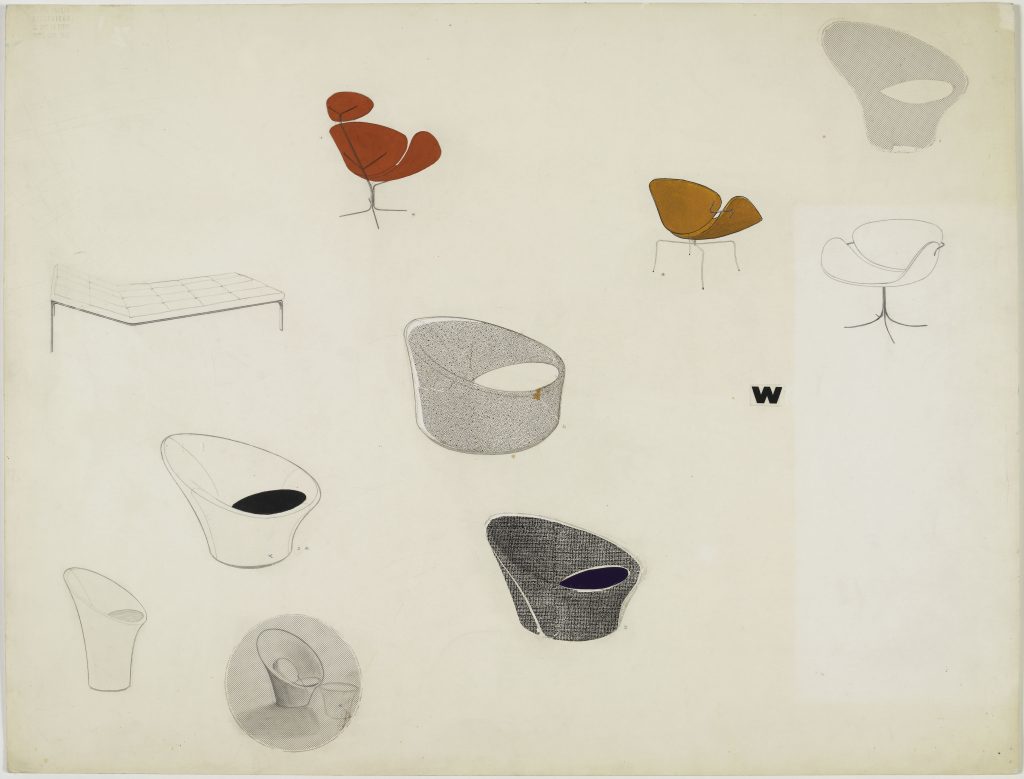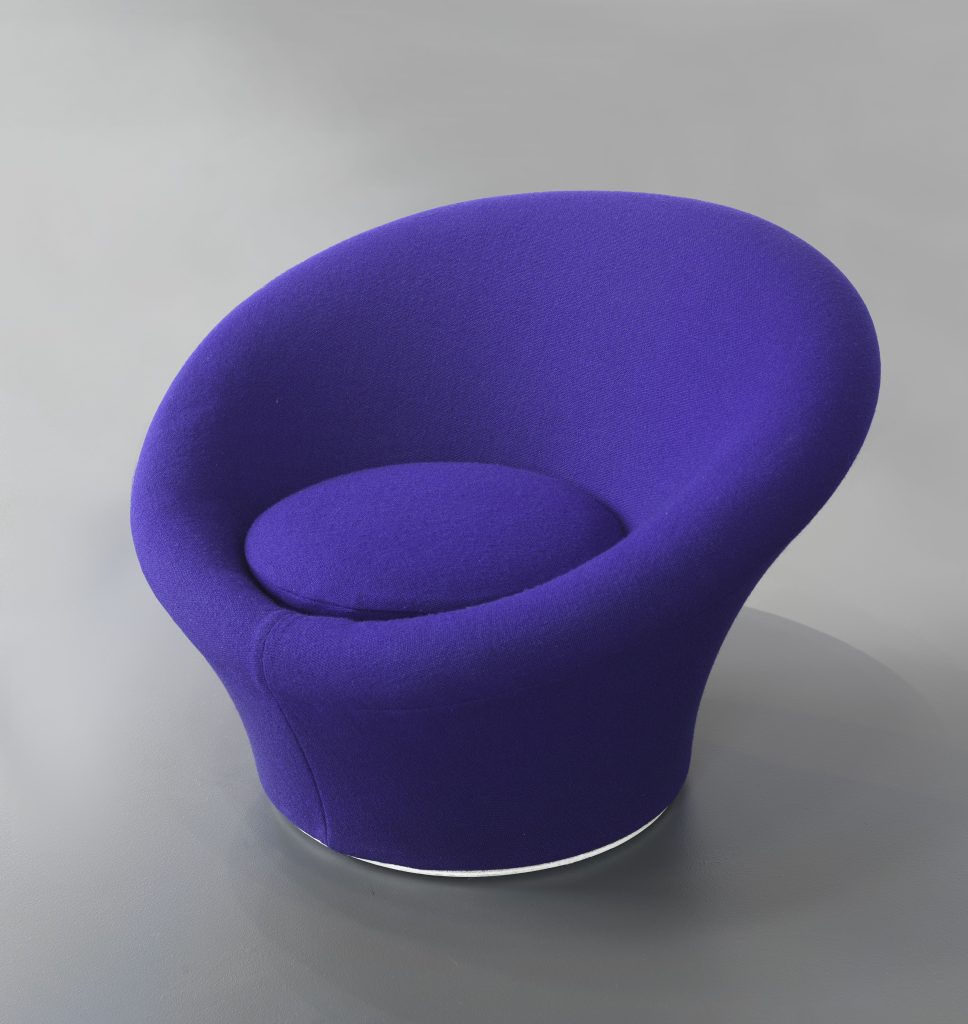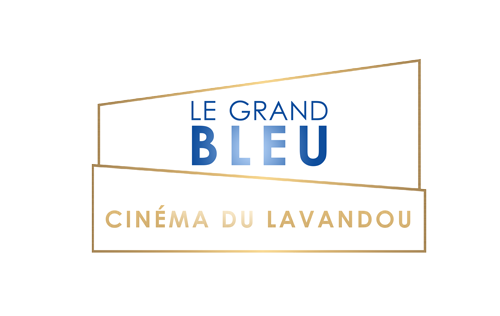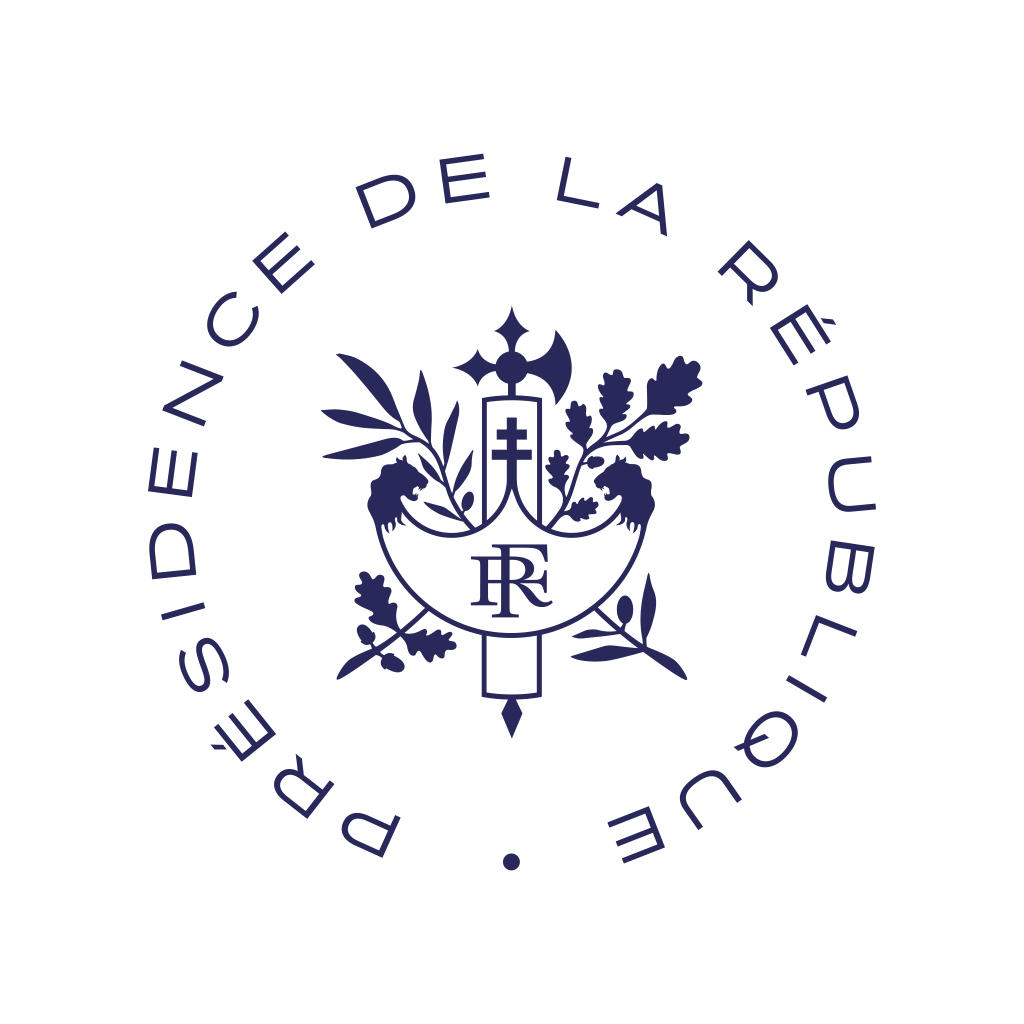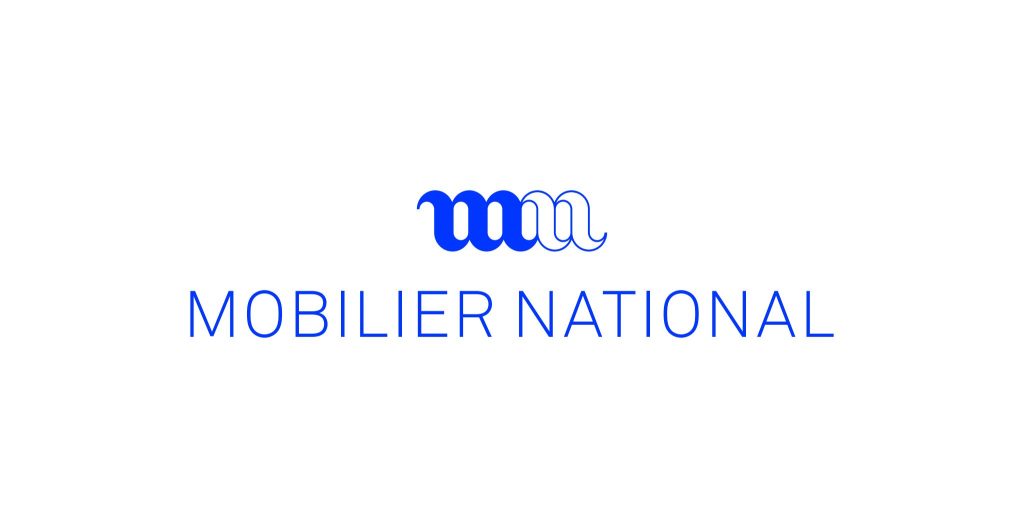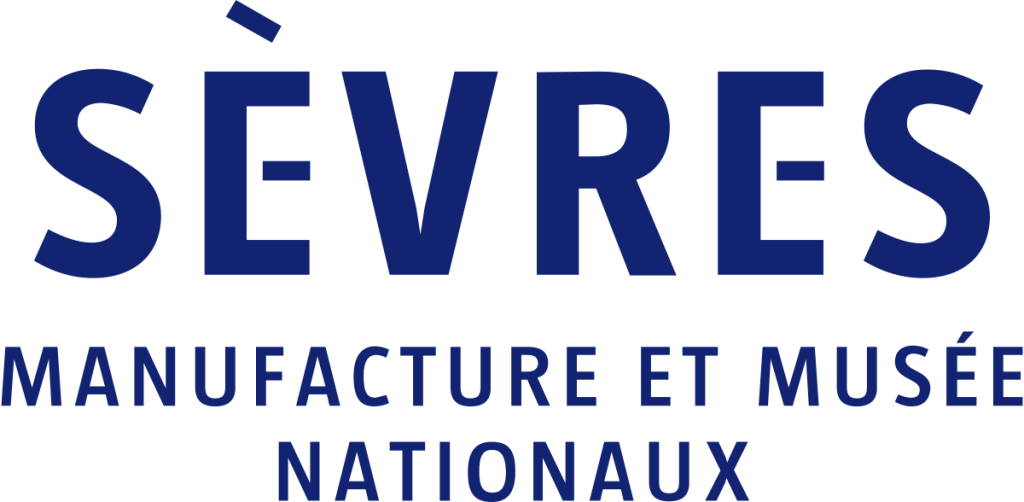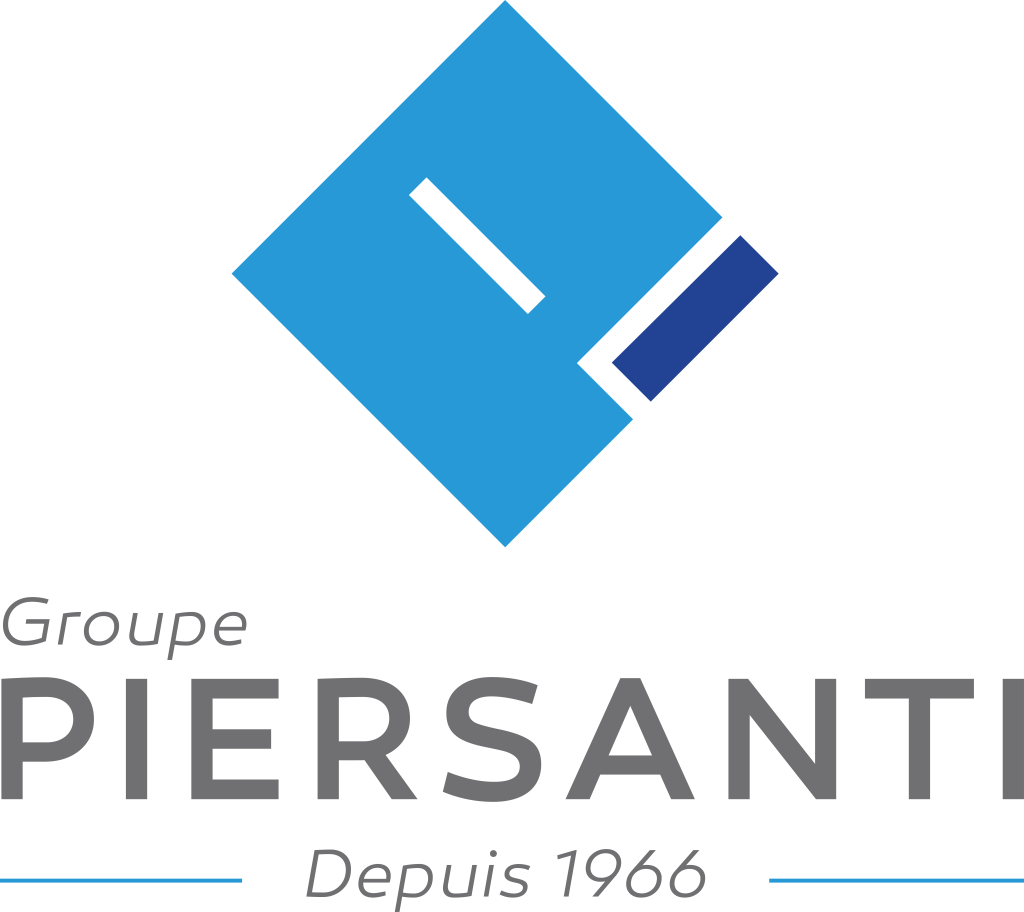Exposition temporaire
Presidential furniture at the Fort de Brégançon
An unprecedented reconstruction of the previous layout of this local and national heritage jewel.
november 25, 2023 - mai 26, 2024
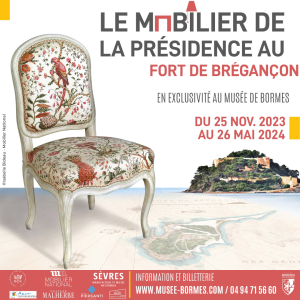
Fort de Brégançon: A national jewel, a local pride
Standing on the shores of Bormes les Mimosas near the Cabasson district, the Fort de Brégançon has been the official residence of the French Presidents since 1968. Much more than a vacation residence, the Fort de Brégançon is a place of representation of power and the State.
The presence of the Presidents of the Republic since General de Gaulle in Bormes les Mimosas is a source of pride for all. Here, between rest periods, meetings and official gatherings, successive Presidents and their families have linked their history to that of the region, mingling with its highlights and its people.
That’s why the MHAB has chosen to use the HistoPad to explore the links between each of the French Presidents and the Fort. What’s more, 360° visuals bring this heritage jewel, which is difficult to access, to life.
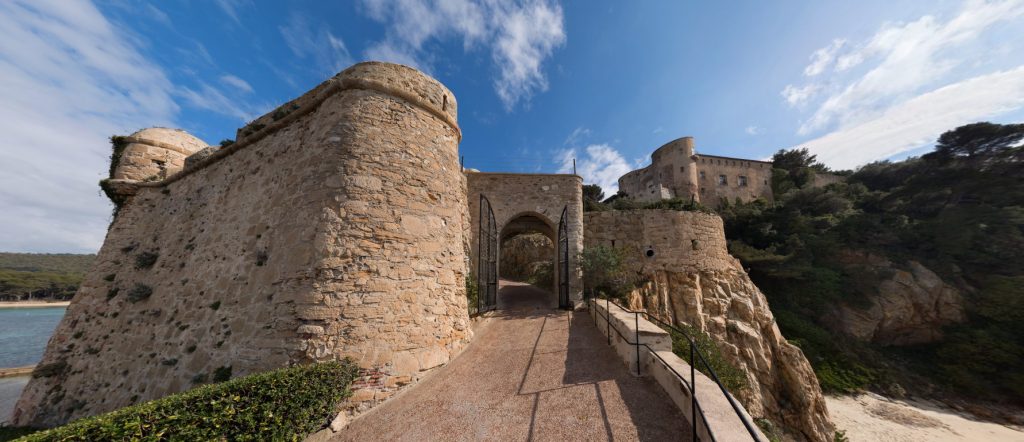
A new exhibition: Furnishing Fort de Brégançon since the beginning of the Fifth Republic
While the MHAB’s permanent exhibition allows visitors to tour the Fort using augmented reality, and traces the links between the Presidents and the official residence, this unique temporary exhibition presents the exceptional furnishings in place at the Fort between 1969 and 2017, with pieces dating back to the 17th century.
Drawn from the collections of the Mobilier National, to which each President has access to furnish the fort, the furnishings are representative of the excellence of French decorative arts and design and its various trades: furniture, crockery, carpets and other ornamental textiles.
The fort was not only used as a holiday resort, but also as a place to represent the French state, and many international diplomatic meetings and events were held there, making the furnishings a strategic tool for promoting French culture and refinement. In addition to the precious collections of the Mobilier National, unique items from the reserves of the Présidence de la République and the Musée et Manufacture de Sèvres are on display.
While each presidential couple can furnish Brégançon as they wish, it is clear that between Georges Pompidou (1969-1974) and François Hollande (2012-2017), the style of the Fort’s rooms has remained in line with the same aesthetic.
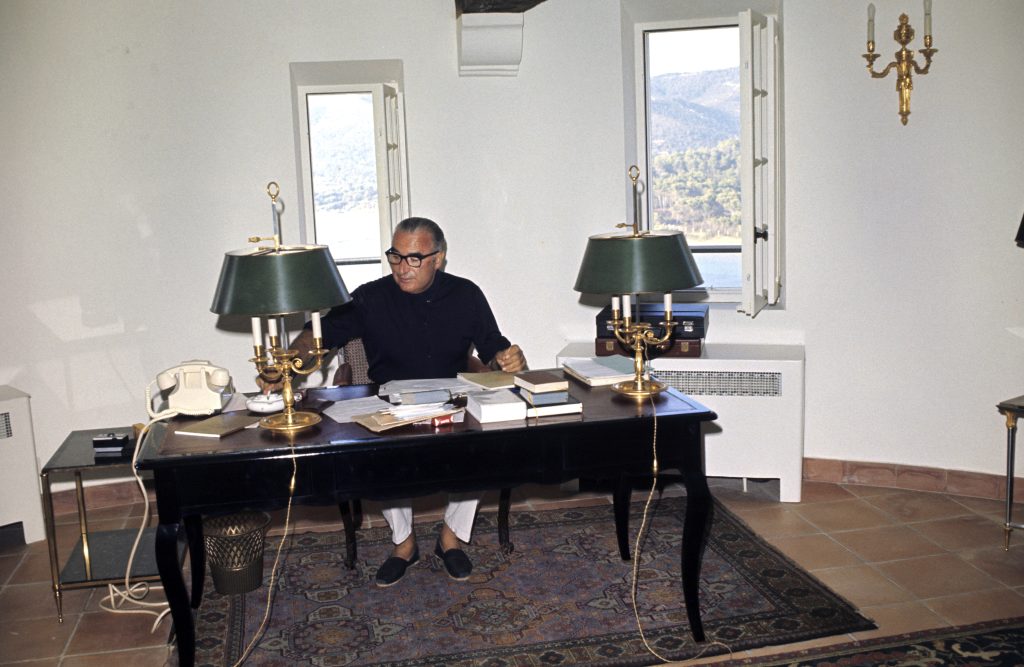
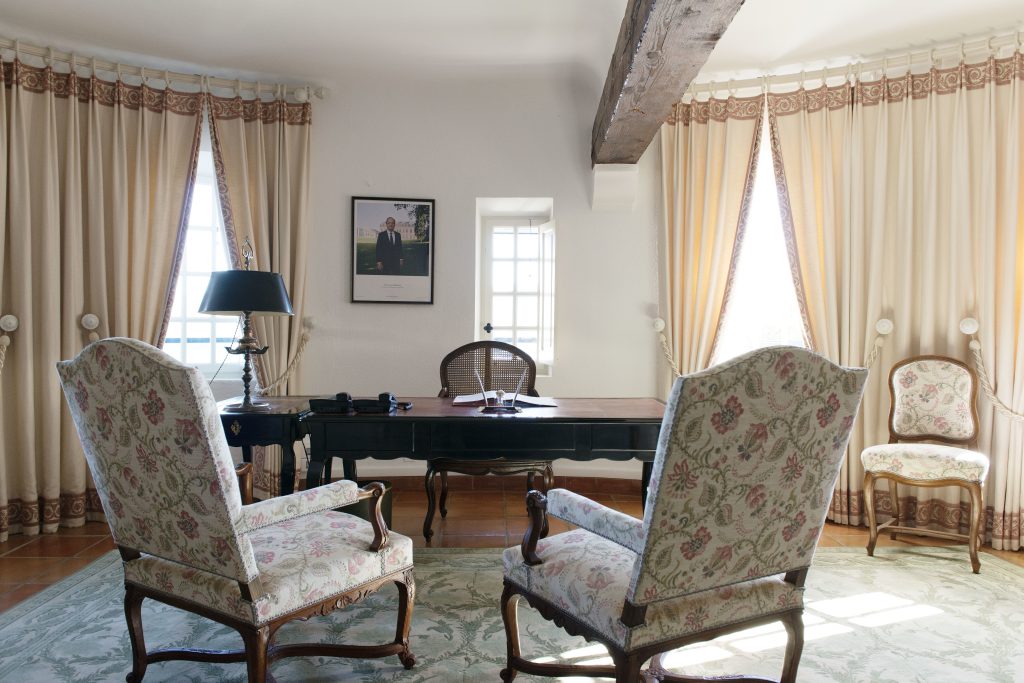
Indeed, most of the pieces on display were created especially for Fort de Brégançon, following commissions between the 1970s and 1990s. Since 2017, the Macron couple have refurbished the spaces, drawing on the reserves of the Mobilier National and adopting a contemporary style.
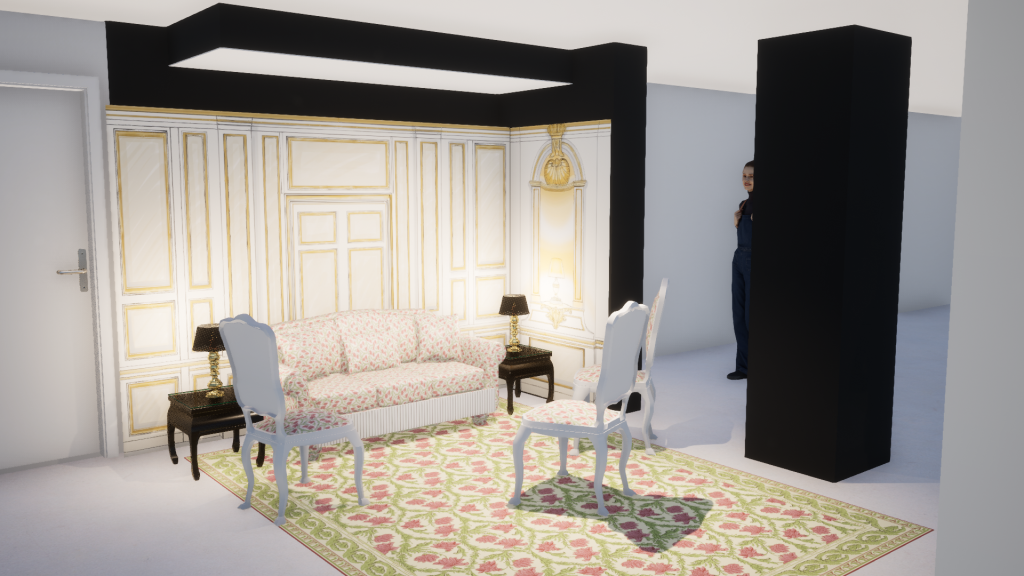
Items on display
No fewer than 45 pieces of furniture and objects are returning to Bormes les Mimosas to recreate the salon de la Chapelle, the presidential office, the breakfast area and the grand salon at Fort de Brégançon.
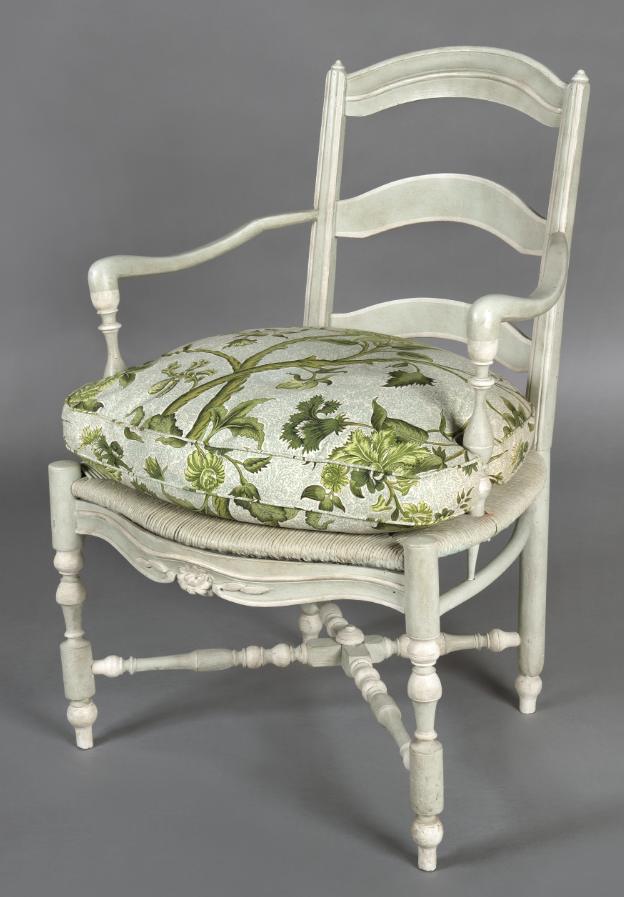
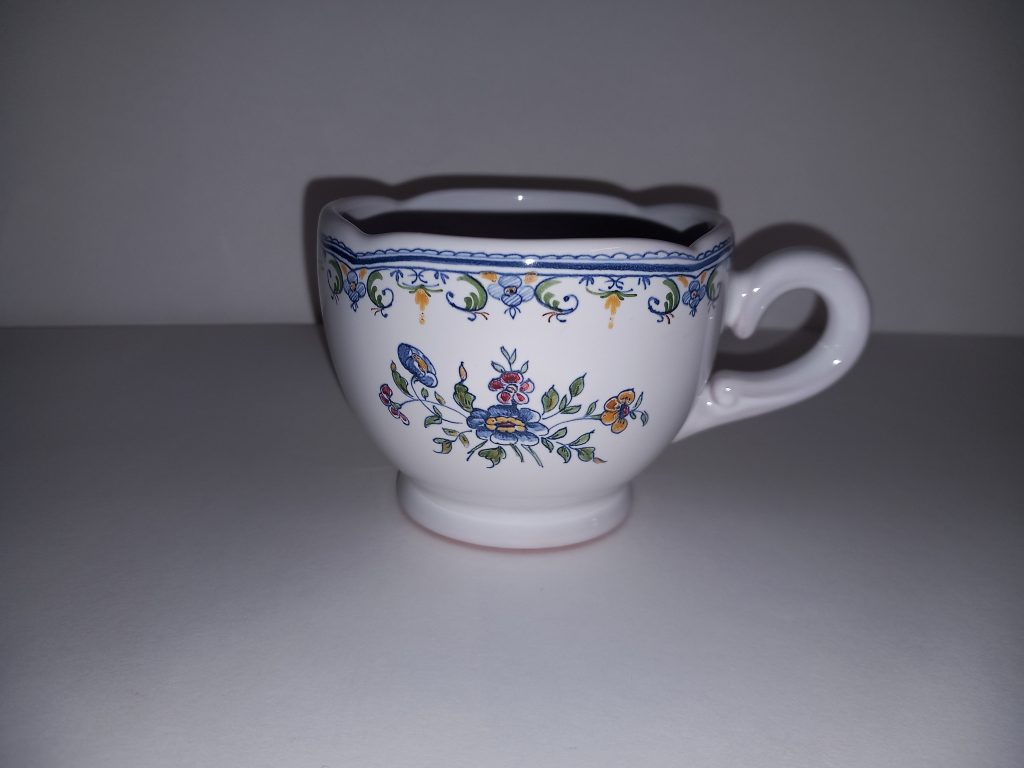
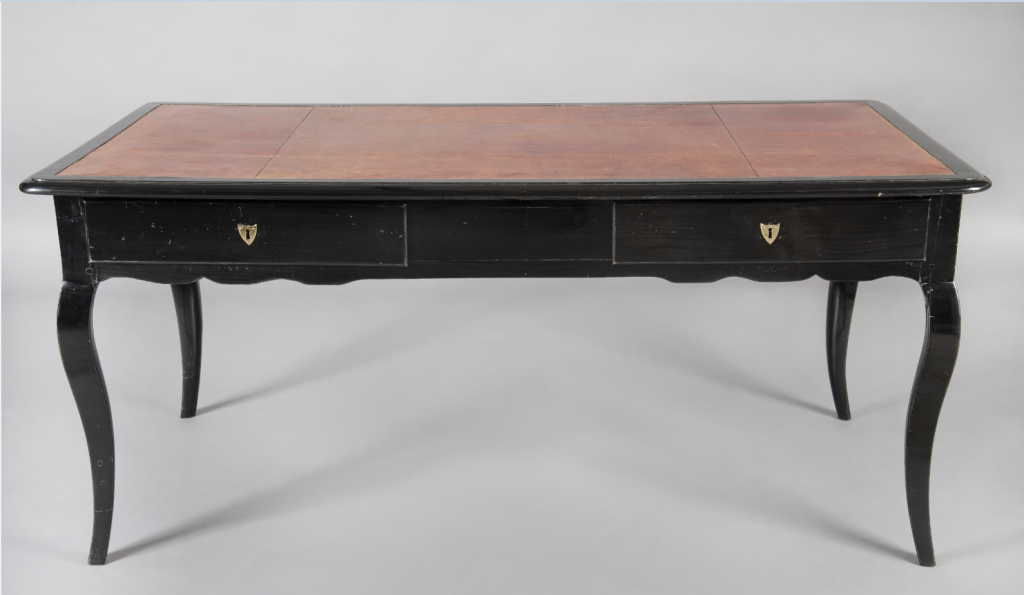
Focus on designer Pierre Paulin and the Mobilier National
For a more in-depth look at the subject, the MHAB is also presenting a thematic exhibition on the artist-designer Pierre Paulin, whose career and work are closely linked to the Presidency and significantly represented in the current furnishings of the Fort de Brégançon.
Finally, the MHAB presents the institution of the Mobilier National. Its historical origins, role and operation, as well as the presence of numerous trades, are explained in order to shed light on this little-known national institution.
